The Link Between Allergies and Sleep Quality
While allergies are commonly associated with sneezing fits and itchy eyes, their impact extends far beyond daytime discomfort. Many individuals are unaware of how allergies can profoundly disrupt sleep, leading to restless nights and groggy mornings. The interplay between allergies and sleep is a complex dance that affects millions worldwide, yet it often goes unnoticed. This article delves into the nuanced ways allergies interfere with sleep and provides actionable strategies to reclaim restful nights. By understanding the underlying mechanisms and identifying practical solutions, you can transform your sleep experience and improve overall well-being.
1. The Science of Allergies: Understanding the Culprits
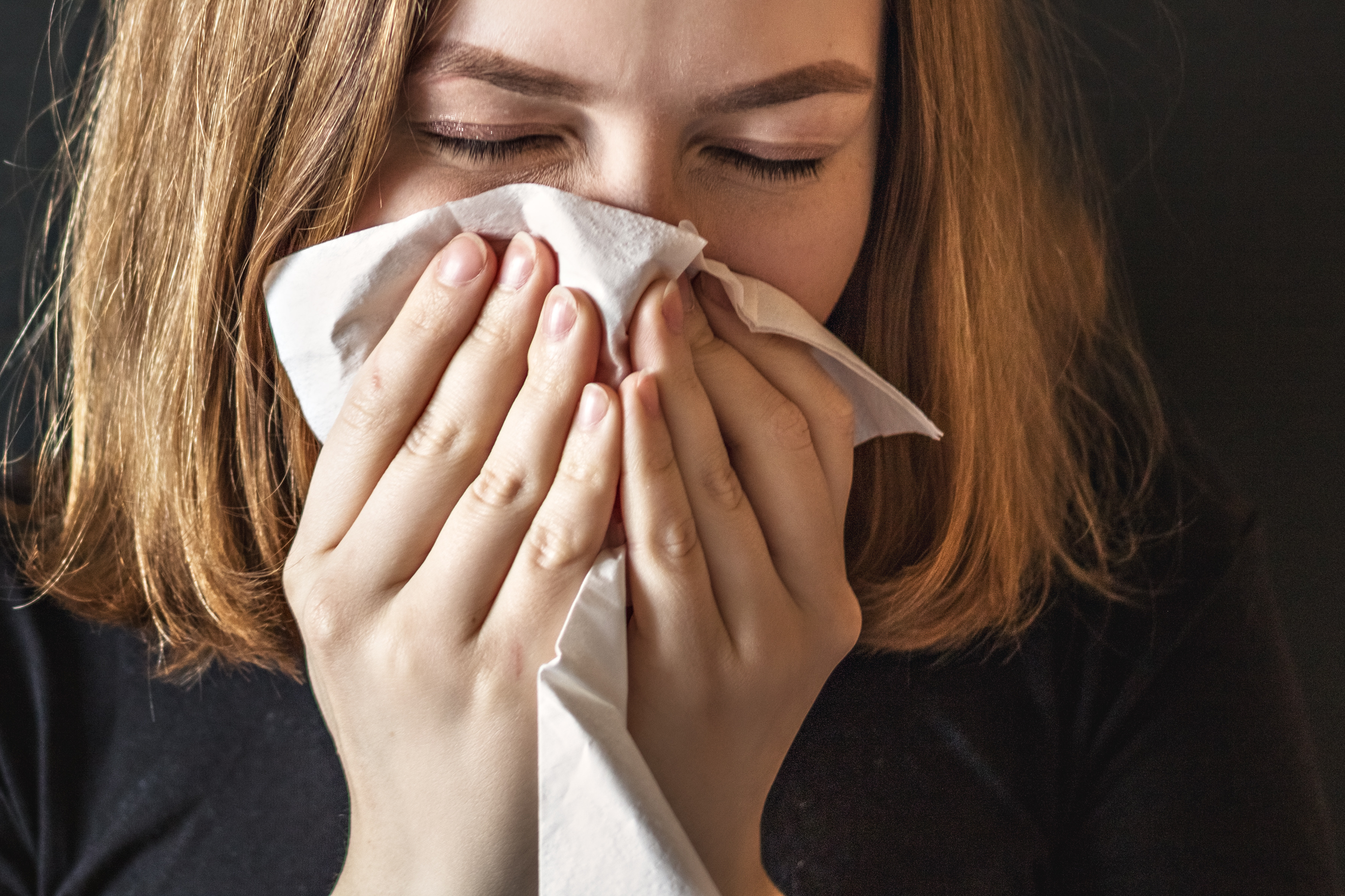
Allergies occur when the immune system overreacts to substances such as pollen, dust mites, or pet dander. This hypersensitivity triggers the release of histamines, leading to inflammation and symptoms like congestion and itching. At night, these symptoms can become more pronounced due to lying down, which causes nasal passages to swell further. The body's natural circadian rhythms also influence the severity of allergic reactions, with some allergens peaking at night. Understanding these processes is crucial for addressing how allergies impact sleep and devising effective strategies to mitigate their effects.
2. Nasal Congestion: The Silent Sleep Disruptor
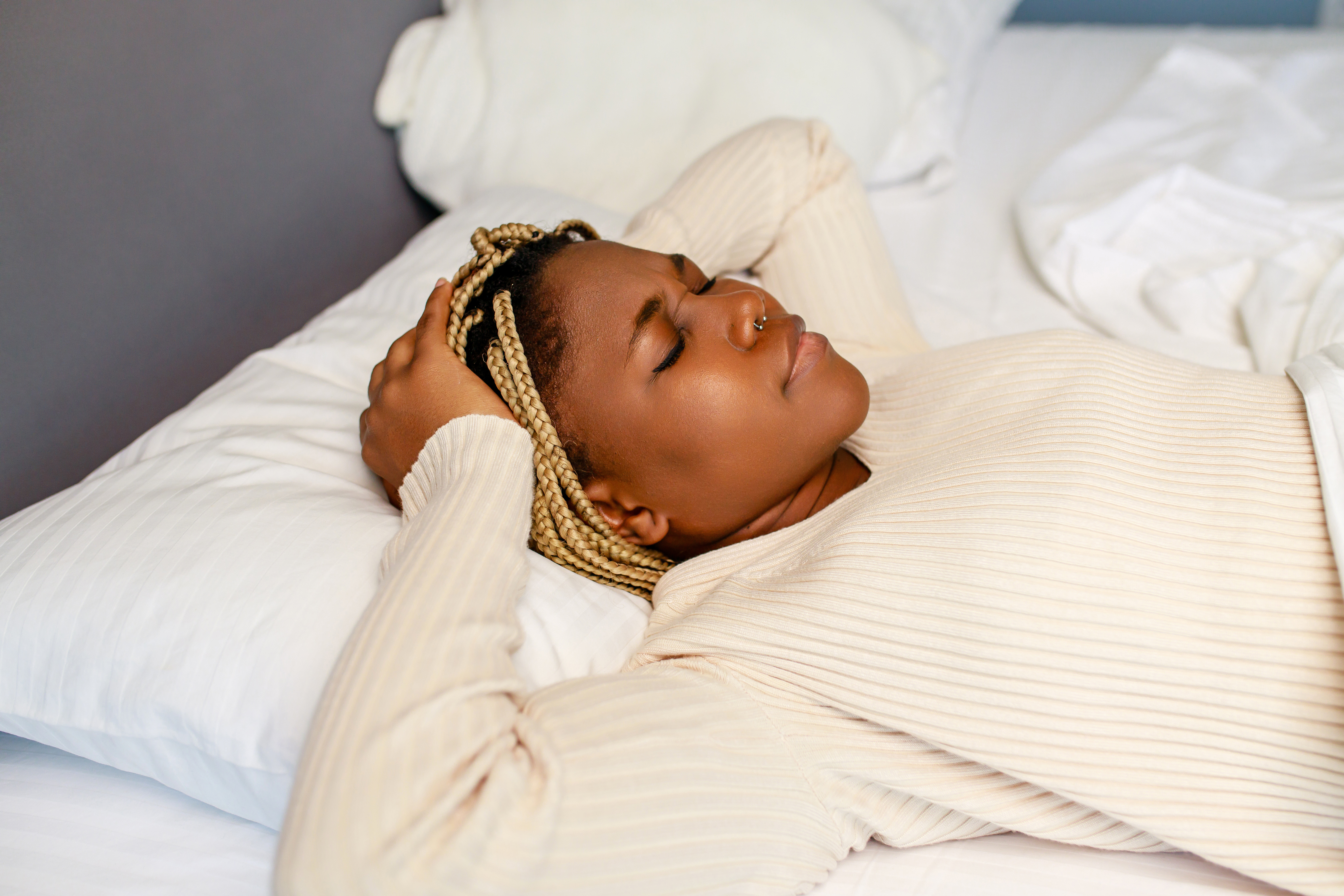
Nasal congestion is a primary reason allergies disrupt sleep. When allergens cause nasal passages to swell, breathing becomes labored, leading to frequent awakenings and poor sleep quality. This congestion can also contribute to snoring and sleep apnea, further complicating restful sleep. The struggle to breathe comfortably can prevent the transition into deep sleep stages, which are essential for physical restoration and memory consolidation. By identifying and addressing nasal congestion, individuals can significantly improve their sleep quality and reduce the impact of allergies on their nightly rest.
3. Allergic Rhinitis and Its Impact on Sleep Architecture
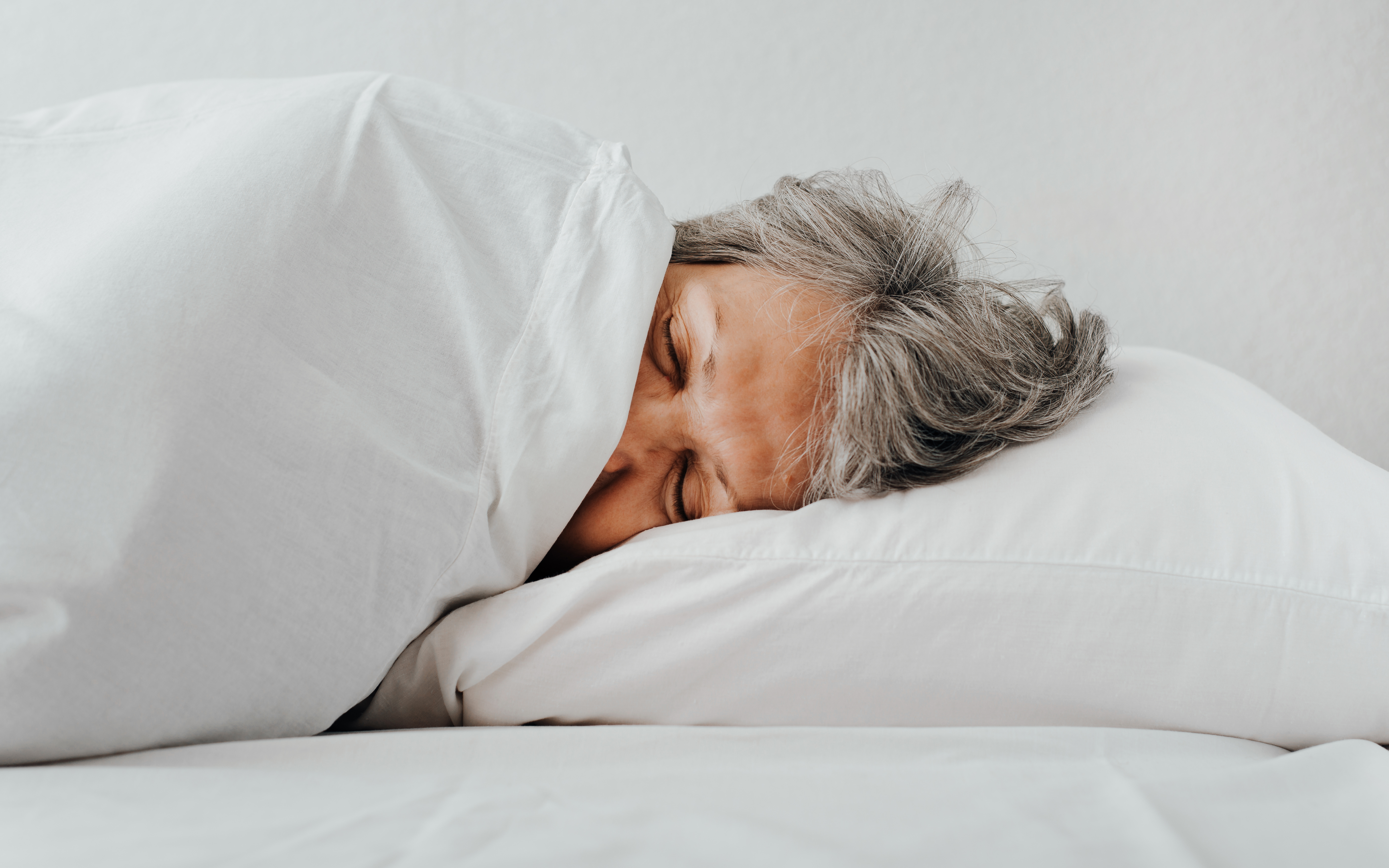
Allergic rhinitis, commonly known as hay fever, is a prevalent condition that significantly affects sleep architecture. This condition can lead to increased sleep latency, reduced sleep efficiency, and frequent nighttime awakenings. The inflammation caused by allergic rhinitis can also increase the likelihood of developing sleep disorders, such as insomnia. Understanding the relationship between allergic rhinitis and sleep architecture is vital for developing targeted interventions. By managing symptoms through medication or lifestyle changes, individuals can improve their sleep patterns and reduce the negative effects of allergies on their nightly rest.
4. The Role of Histamines in Sleep Disruption
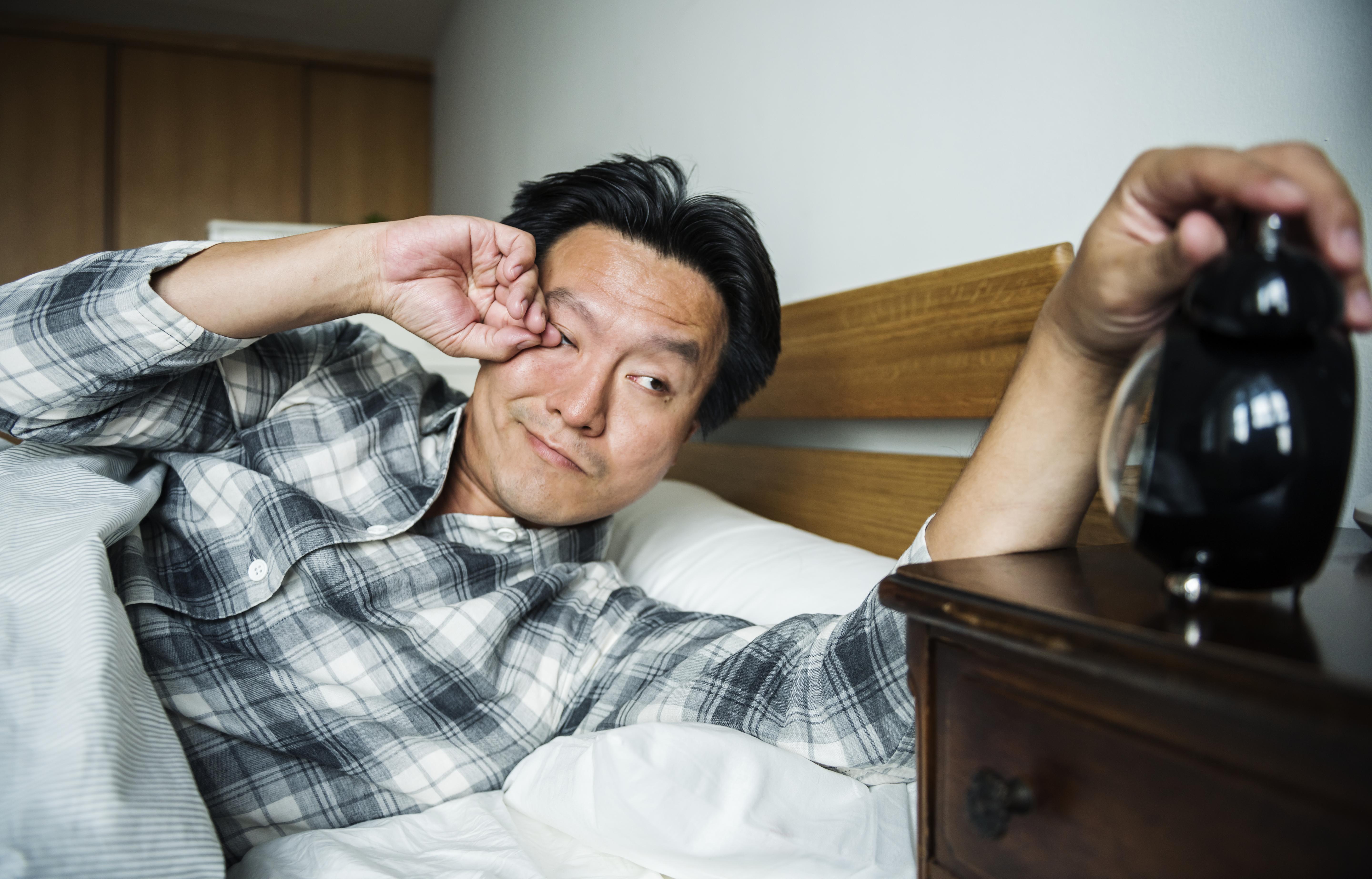
Histamines play a dual role in the body, acting as both a mediator of allergic reactions and a regulator of the sleep-wake cycle. During an allergic response, elevated histamine levels can lead to increased wakefulness and reduced sleep quality. This is because histamines are involved in promoting alertness and wakefulness in the brain. Antihistamines, commonly used to treat allergies, can counteract this effect by blocking histamine receptors, promoting drowsiness, and facilitating sleep. However, not all antihistamines are created equal, and understanding their impact on sleep is crucial for selecting the right treatment.
5. Environmental Allergens: Creating a Sleep-Safe Haven

Creating a sleep-safe environment is essential for minimizing the impact of environmental allergens on sleep. Common allergens such as dust mites, mold, and pet dander can accumulate in bedding and mattresses, exacerbating allergic reactions during the night. Implementing strategies such as using hypoallergenic bedding, regularly washing sheets in hot water, and employing air purifiers can significantly reduce allergen exposure. Additionally, maintaining a clean and dust-free bedroom environment can help alleviate symptoms and promote restful sleep. By taking proactive steps to minimize allergens, individuals can create a sanctuary that supports peaceful slumber.
6. Dietary Influences: Allergies and Sleep Quality

Dietary choices can also influence allergies and sleep quality. Certain foods can exacerbate allergic reactions, while others may promote restful sleep. For example, foods high in histamines, such as aged cheeses and fermented products, can worsen allergy symptoms and disrupt sleep. Conversely, foods rich in omega-3 fatty acids and antioxidants may help reduce inflammation and improve sleep quality. Identifying and avoiding dietary triggers, while incorporating sleep-promoting nutrients, can aid in managing allergies and enhancing sleep. A balanced diet tailored to individual needs can significantly impact allergy management and sleep health.
7. Stress and Allergies: A Vicious Cycle Affecting Sleep
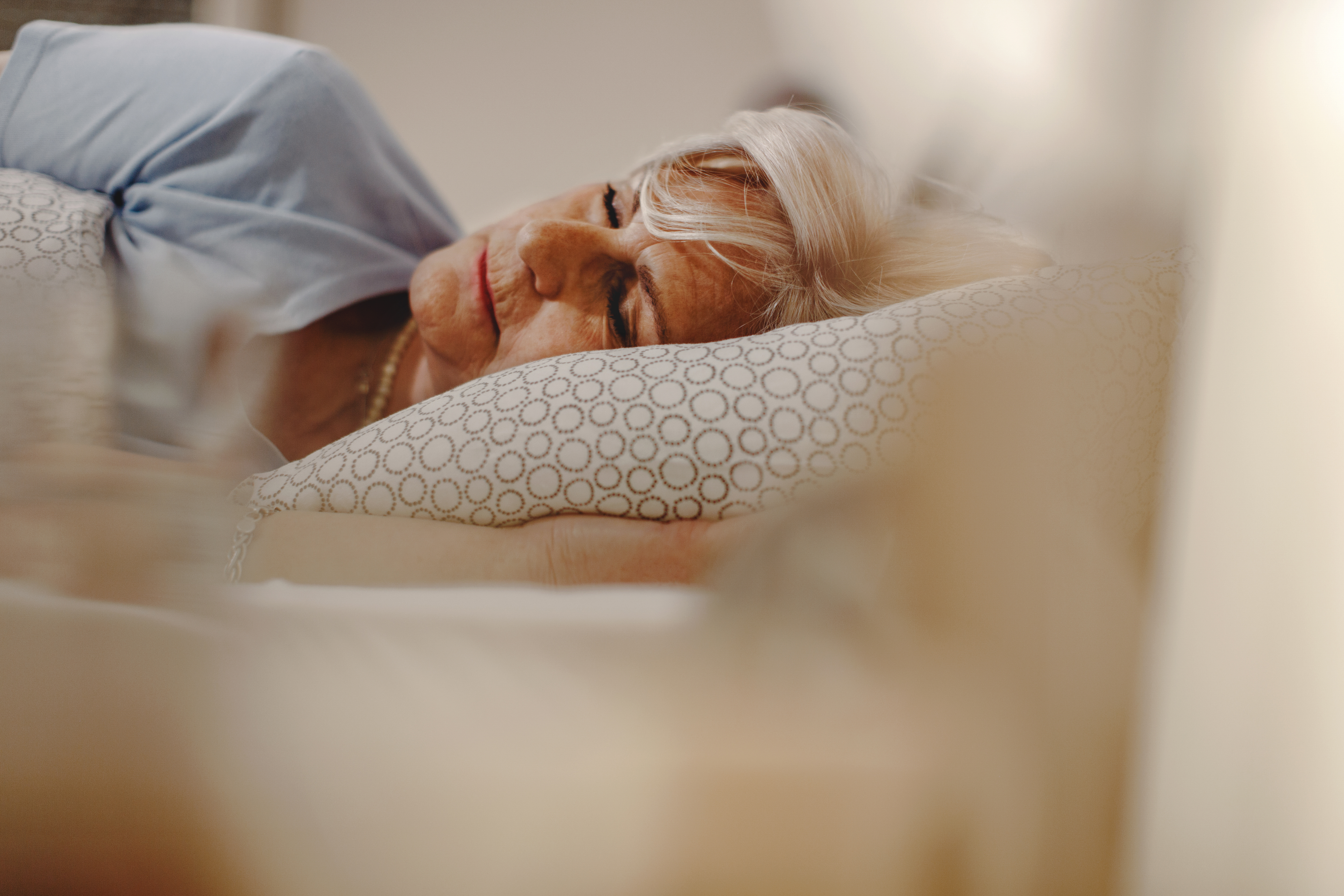
Stress and allergies often create a vicious cycle that impacts sleep quality. Stress can exacerbate allergic reactions by increasing the body's inflammatory response, leading to more severe symptoms and disrupted sleep. Conversely, poor sleep due to allergies can heighten stress levels, perpetuating the cycle. Addressing stress through relaxation techniques such as meditation, yoga, or deep breathing exercises can help break this cycle. By managing stress effectively, individuals can reduce the severity of allergic reactions and improve their sleep quality, creating a positive feedback loop that enhances overall well-being.
8. The Role of Medication: Balancing Efficacy and Side Effects

Medications play a crucial role in managing allergies and improving sleep quality. However, finding the right balance between efficacy and side effects is essential. While antihistamines can alleviate allergy symptoms and promote sleep, some may cause drowsiness or impair cognitive function the next day. Non-sedating antihistamines or nasal corticosteroids may be preferable for individuals who need to remain alert during the day. Consulting with a healthcare provider to tailor a medication regimen that addresses both allergy symptoms and sleep needs can lead to more effective management and improved quality of life.
9. Lifestyle Adjustments: Enhancing Sleep Hygiene
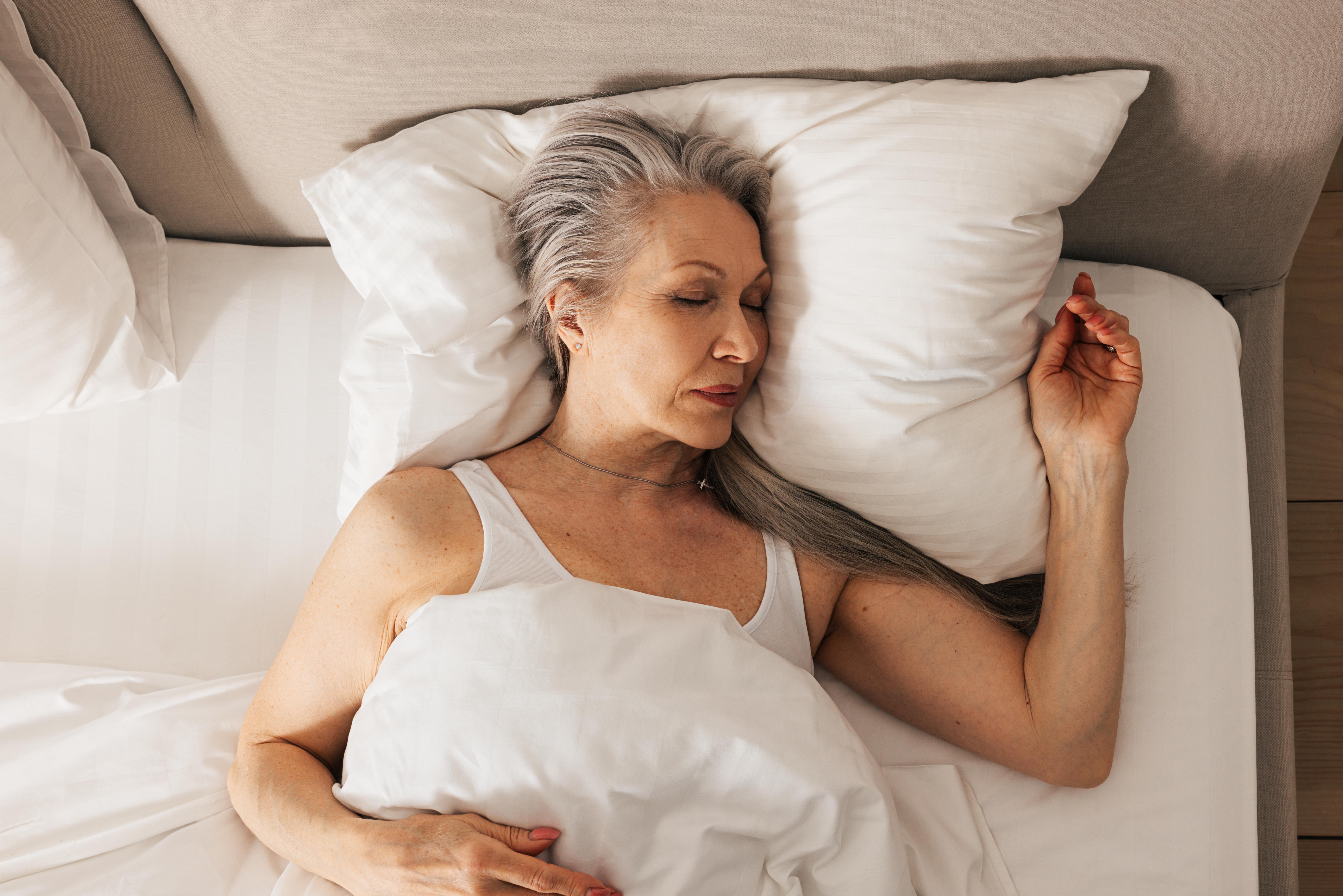
Implementing lifestyle adjustments can significantly enhance sleep hygiene and mitigate the impact of allergies on sleep. Establishing a consistent sleep schedule, creating a calming bedtime routine, and optimizing the sleep environment are foundational strategies for improving sleep quality. Avoiding allergens before bedtime, such as by showering to remove pollen or dander, can also help reduce symptoms. Additionally, practicing relaxation techniques and limiting exposure to screens before bed can promote a more restful sleep. By incorporating these lifestyle changes, individuals can create a supportive environment for managing allergies and achieving peaceful slumber.
10. The Future of Allergy Treatments and Sleep

Research into the relationship between allergies and sleep continues to evolve, with promising developments on the horizon. Advances in immunotherapy, such as allergy shots and sublingual tablets, offer potential long-term solutions for reducing allergic reactions and improving sleep. Additionally, emerging technologies, such as wearable devices that monitor sleep patterns and environmental allergens, provide valuable insights for personalized allergy management. As our understanding of the interplay between allergies and sleep deepens, innovative treatments and interventions are likely to emerge, offering hope for those seeking to reclaim restful nights.
Reclaiming Restful Sleep Amid Allergies
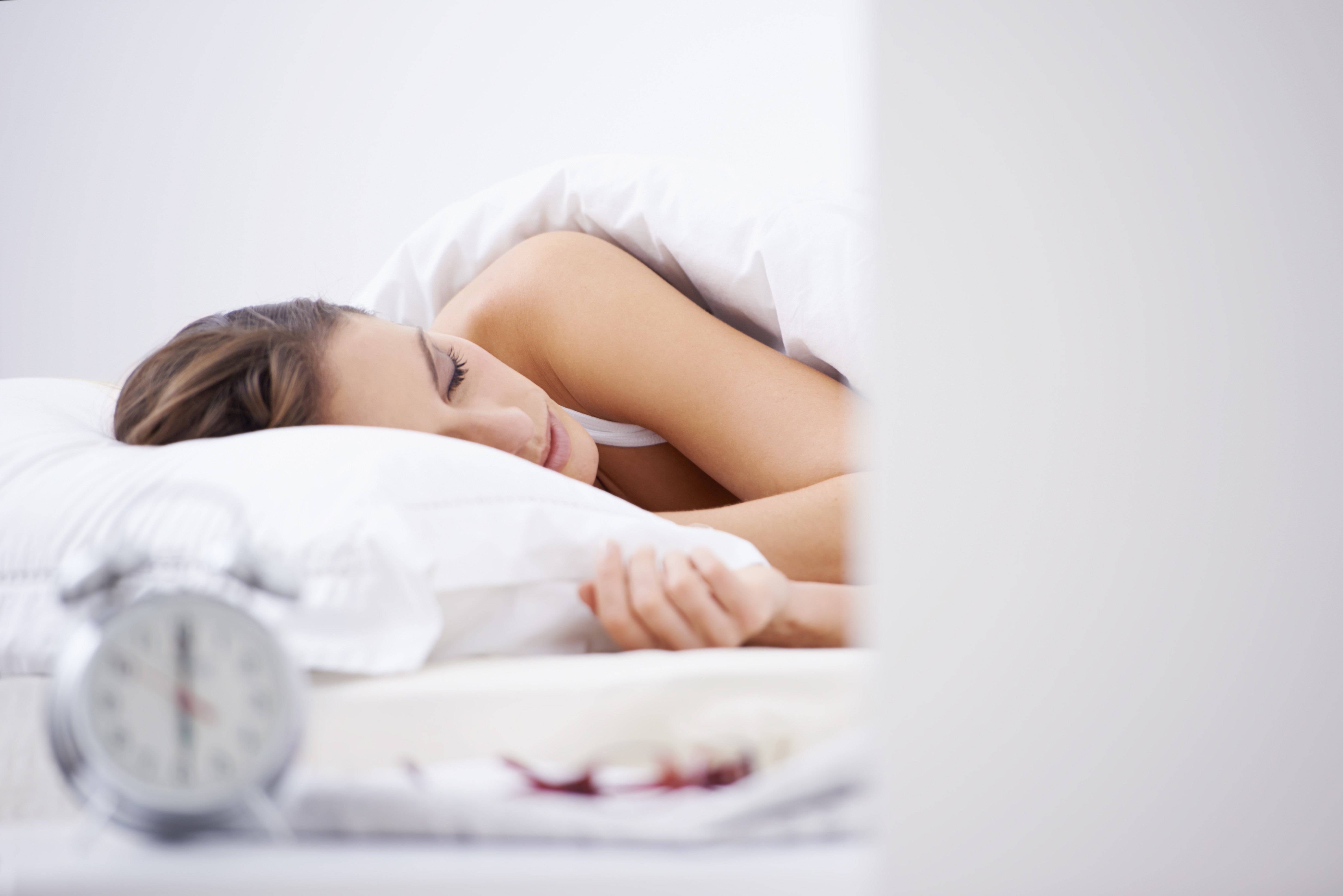
Allergies can have a profound yet often overlooked impact on sleep quality, affecting millions of individuals worldwide. By understanding the mechanisms through which allergies disrupt sleep and implementing targeted strategies, it is possible to reclaim restful nights. From managing nasal congestion and optimizing the sleep environment to exploring dietary influences and stress reduction techniques, a multifaceted approach is essential. With continued research and advancements in treatment, there is hope for improved allergy management and enhanced sleep for those affected. By taking proactive steps, individuals can transform their sleep experience and improve their overall quality of life.